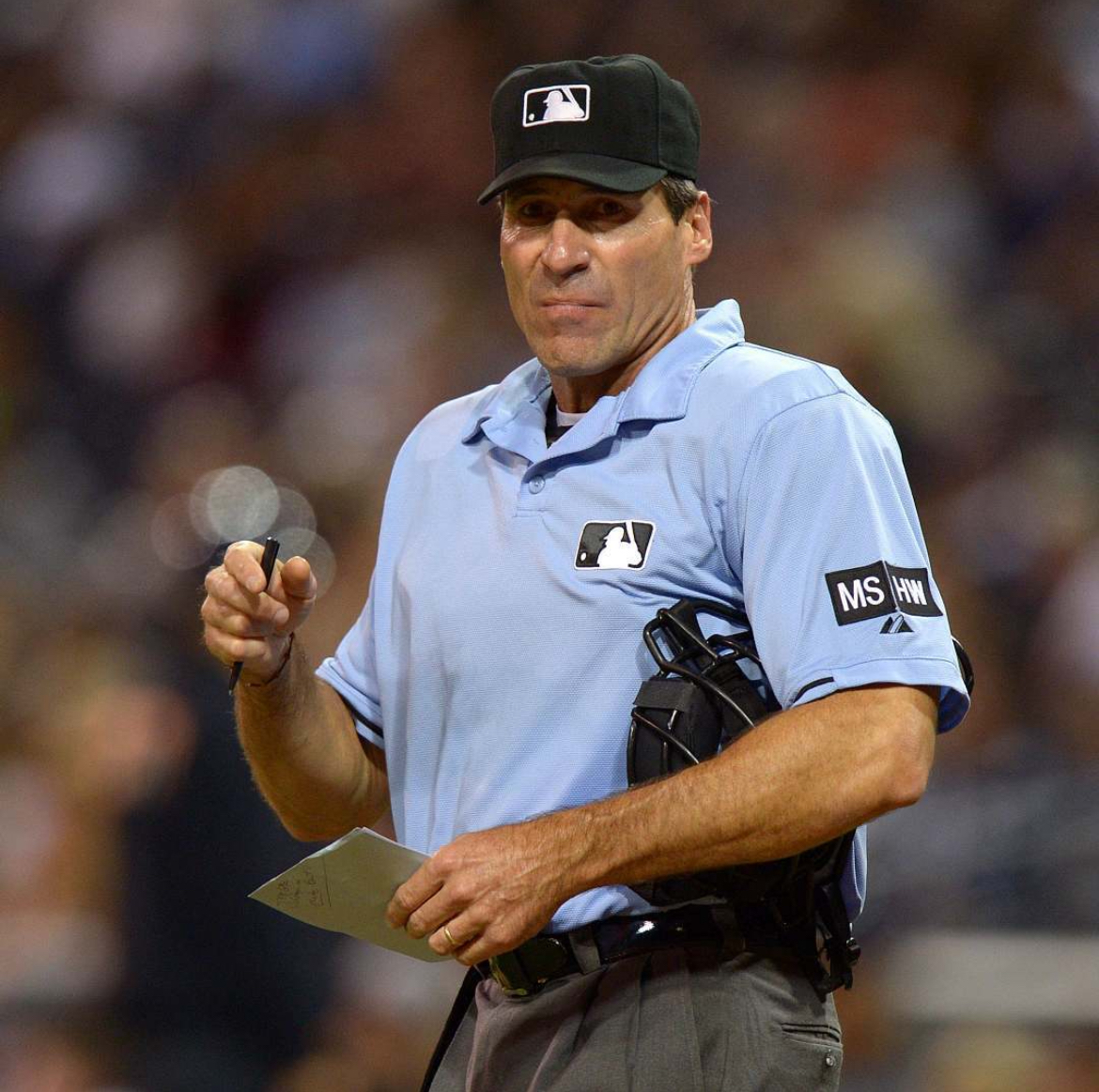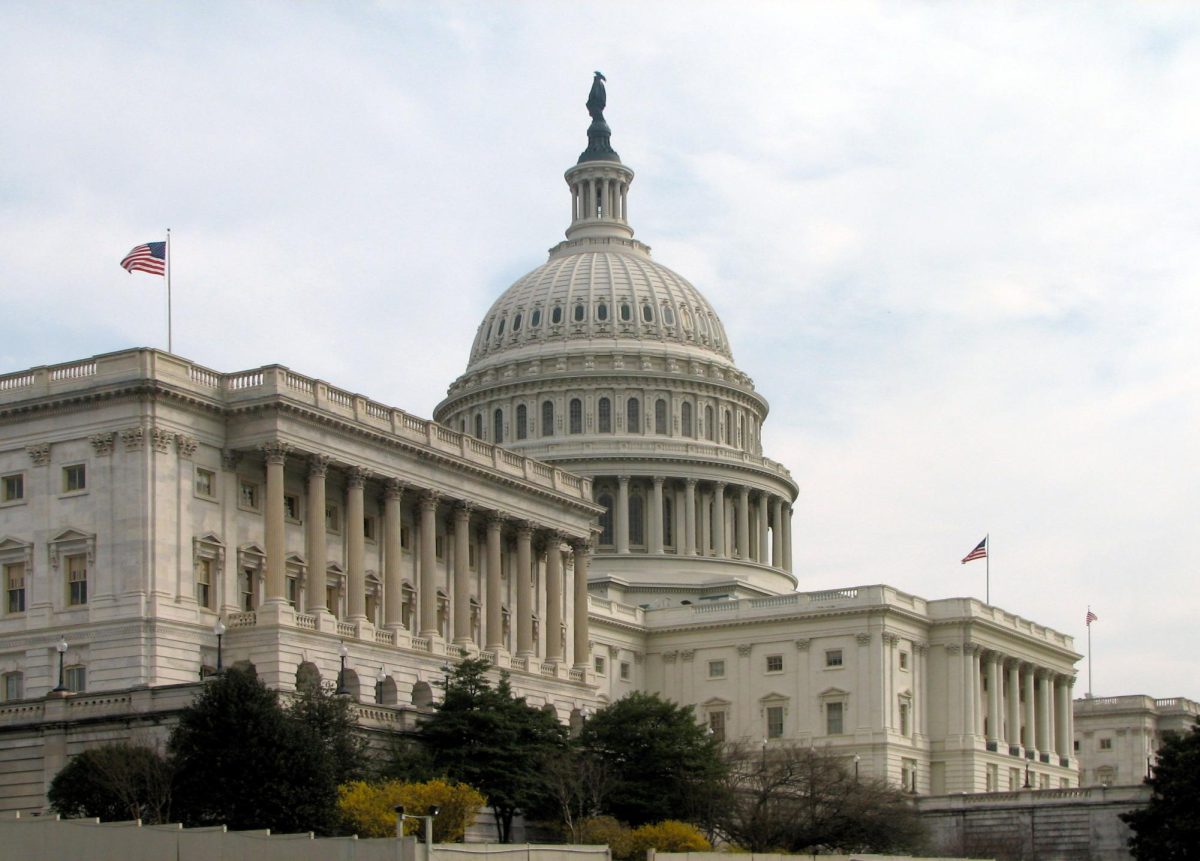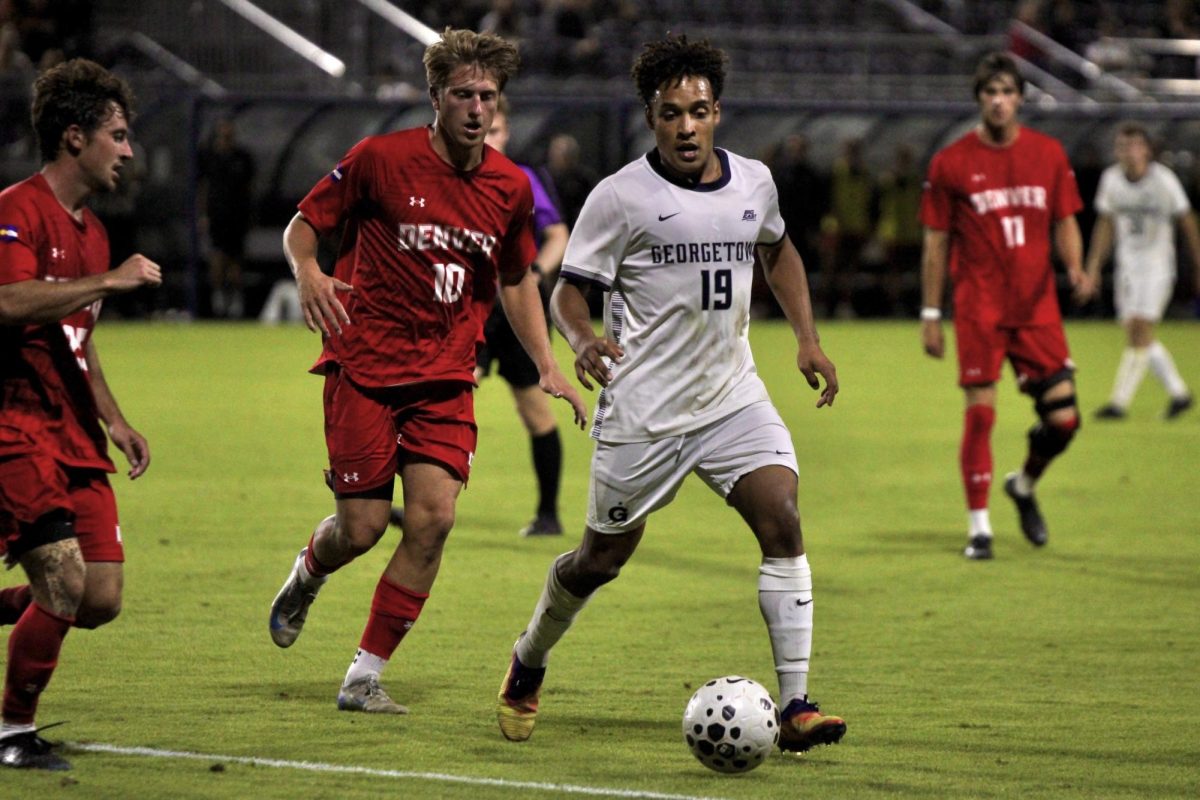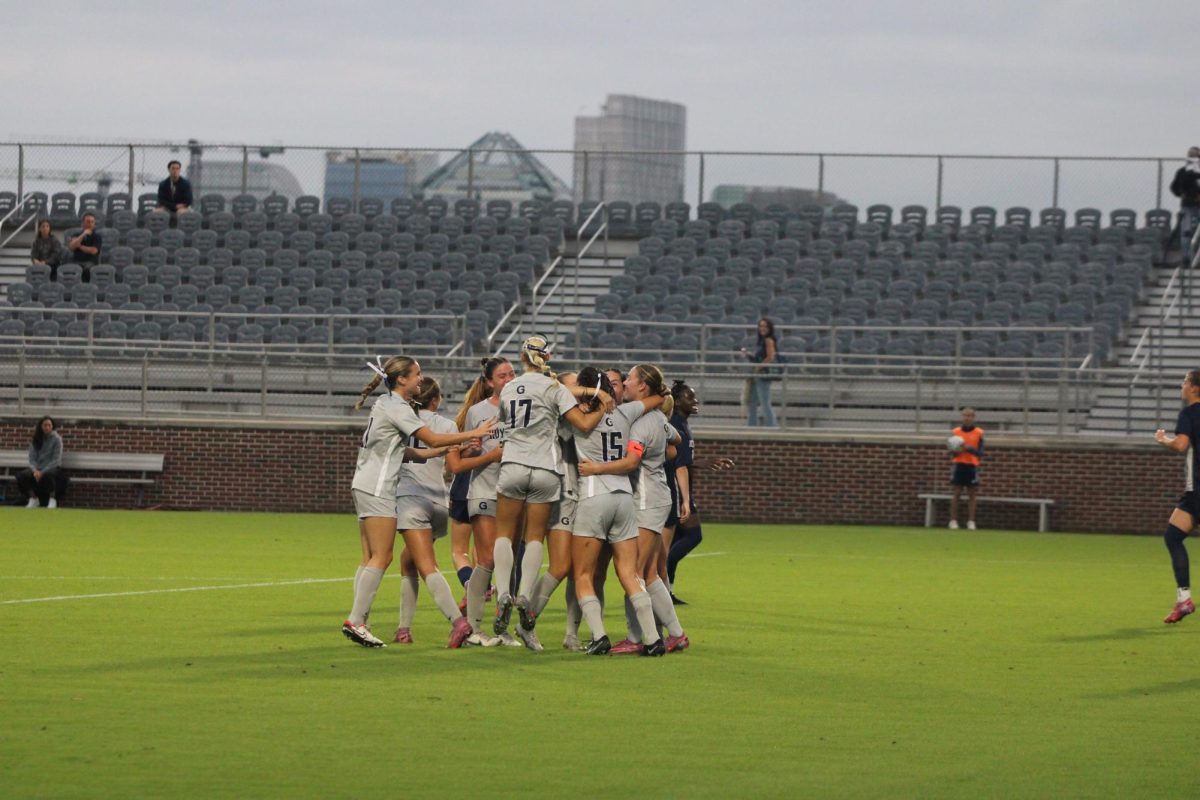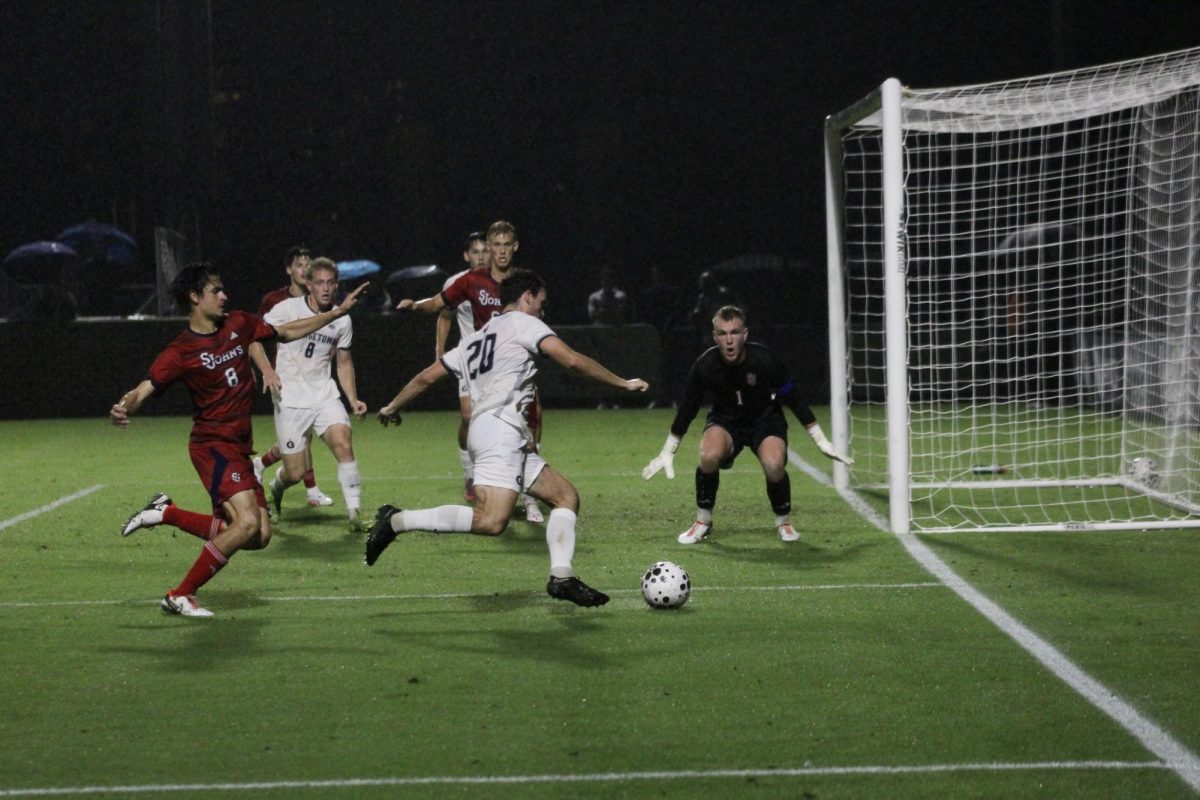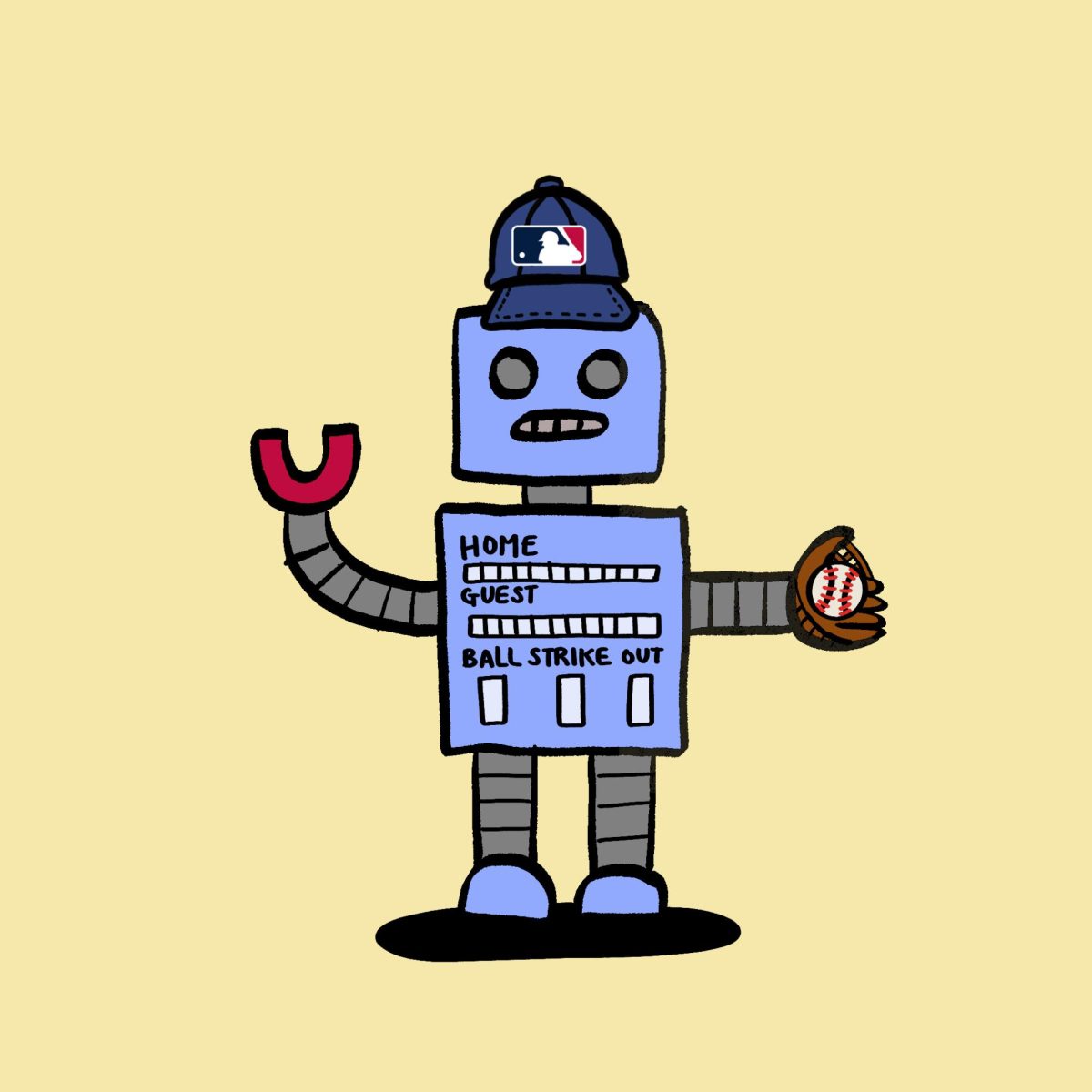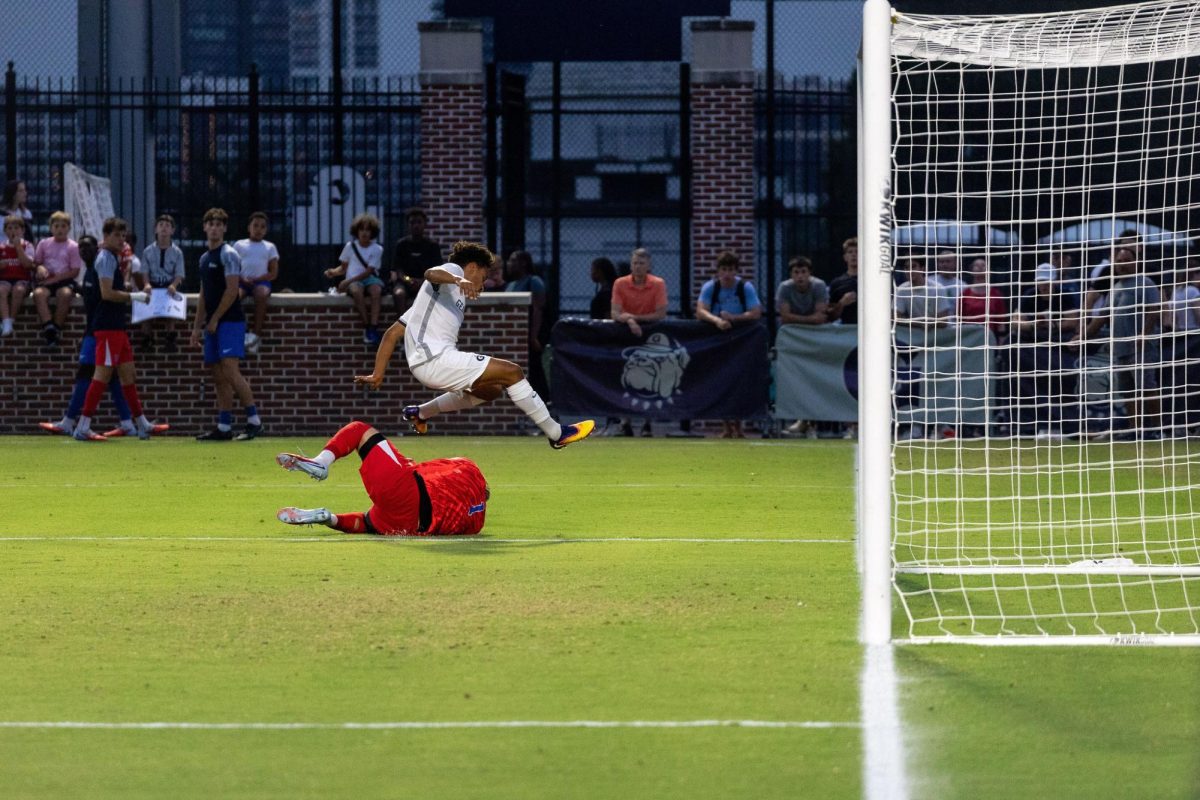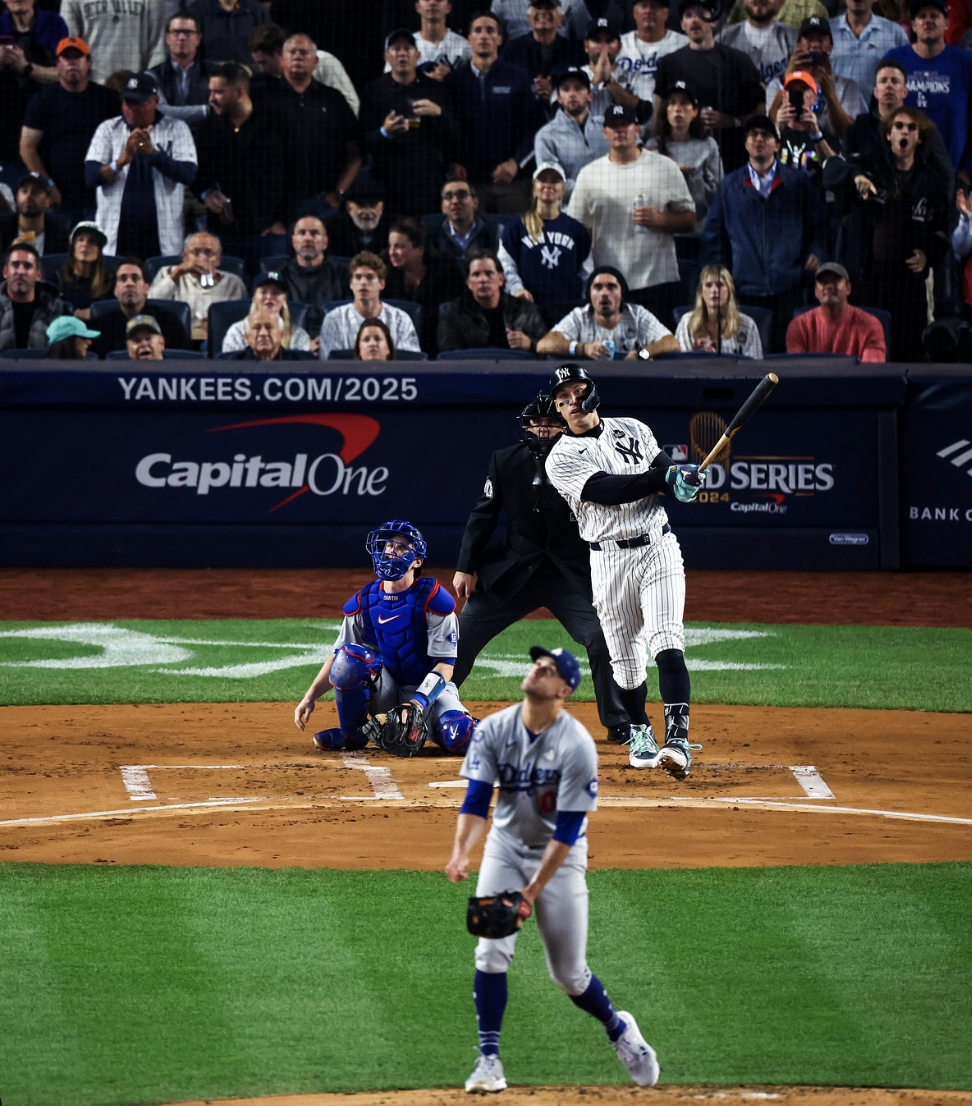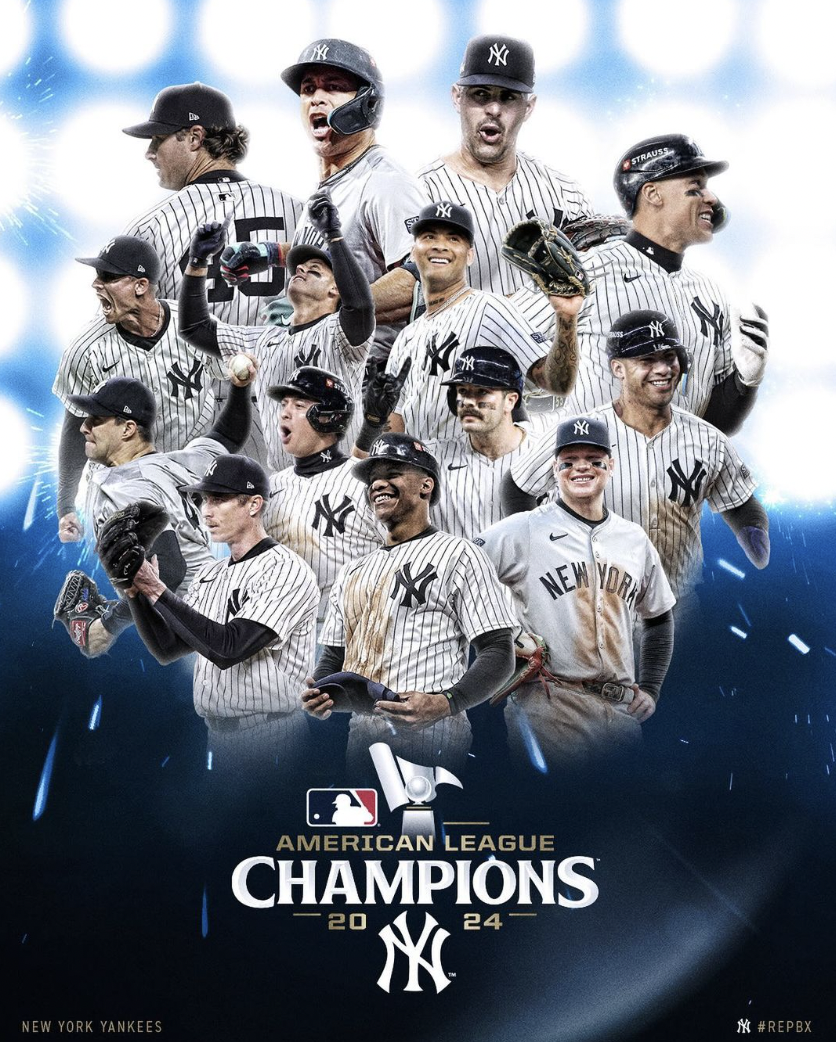As the Major League Baseball (MLB) season begins, I am taking this opportunity to carry out my public service obligations and ensure that you are all informed viewers. It has recently come to my attention that more people read my column than ESPN’s baseball page, so it has fallen on me to update you on the latest offseason news — the introduction of UmpAIres.
People easily forget that baseball is not about its players. No reasonable person shells out $40 to see a game because they root for a certain team. Fans watch baseball to see the umpires — obviously. We lean forward in our seats, anxiously hoping we do not blink and miss the next egregious call by future Hall of Famer Joe West or, better yet, Ángel Hernández. The most generous of us bring an extra pair of eyeglasses to each game, intending to donate it to the most in-need umpire. All of this is to say that MLB took necessary steps this offseason to ensure that, as technology advances and accurate calls become easily accessible, we do not lose the magic of watching our favorite umpires play baseball.
Recently, MLB commissioner Rob Manfred announced that the league will begin to phase in AI umpiring devices — UmpAIres — during the 2025 season. While MLB has the technological capability to calibrate the UmpAIres to 99.8% accuracy, Manfred chose instead to set them to 73.2% after extensive research into optimizing fan frustration.
“I recognize that umpires are becoming increasingly — almost scarily, accurate,” Manfred said in a press conference Tuesday. “The league is working around the clock to make sure that there’s still that suspense around ball and strike calls, because we know it’s what our fans aren’t looking for.”
Los Angeles Dodgers manager Dave Roberts disagrees. Leading the charge against UmpAIres, Roberts has expressed discomfort with the league’s solution to the growing umpiring problem, citing equity concerns.
“Frankly, we’ve been relying on the league tipping some close calls in our direction,” Roberts said. “With these new UmpAIres, it’s gonna be a lot harder to do that. And that’s just not fair, it’s — we’re getting the rug pulled out from under our feet.”
Objections like these appear frivolous but have the potential to jeopardize the very existence of this UmpAIre technology. As much as the league values keeping fans entertained, no interest could supersede Manfred’s fervent desire to hand the Dodgers another World Series ring on a silver platter. And while Manfred could experiment with tweaking the level of UmpAIre accuracy in games involving the Dodgers, he would run the risk of accidentally aiding the opposing team. Such a gamble — obviously — carries potential consequences that the league could likely not stomach, such as someone else winning the World Series.
Or worse, a National League Most Valuable Player not named Shohei Ohtani.
Luckily, MLB would not dare let that happen. If Roberts continues to raise legitimate concerns about the planned rollout of UmpAIres, the league will likely fold. Historical precedent, most notably Manfred’s principled reaction to the Astros’ 2017 cheating scandal, suggests that the league will always prioritize keeping its World Series winners happy over fluffy ideals like fairness, parity and justice.
Still, Manfred has kept Roberts at bay for now. This may — or may not — be connected to the fact that the Dodgers have somehow managed to stretch their offseason budget enough to sign Blake Snell, Rōki Sasaki, Tanner Scott, Blake Treinen, Teoscar Hernández, the Easter Bunny, Michael Conforto, Kiké Hernández, the ghost of Sandy Koufax and some other depth pieces without raising eyebrows.
Despite the Dodgers’ hesitation, MLB remains optimistic about the future of the UmpAIres program. The league has also proposed a five-year plan to expand AI officiating and is in the process of programming UmpAIres to make subjective determinations about which calls would generate the most engagement on social media. This would require altering the algorithm to shed the fixed accuracy percentage and instead lean toward context-informed decisions.
As always, fans will have no say at all in the decision to implement UmpAIres. “The idea of asking fans’ opinions on a piece of metal seems like a futile act,” Manfred said.
Years from now, none of us will remember the calls at the plate that went awry. None of us will remember any accomplishment by any player or any heartwarming moment on the field. But all of us will remember the UmpAIres carrying the Dodgers to their ninth, 10th, 11th and 12th World Series championships — and that’s what matters.
P.S. read the first letter of every paragraph.


